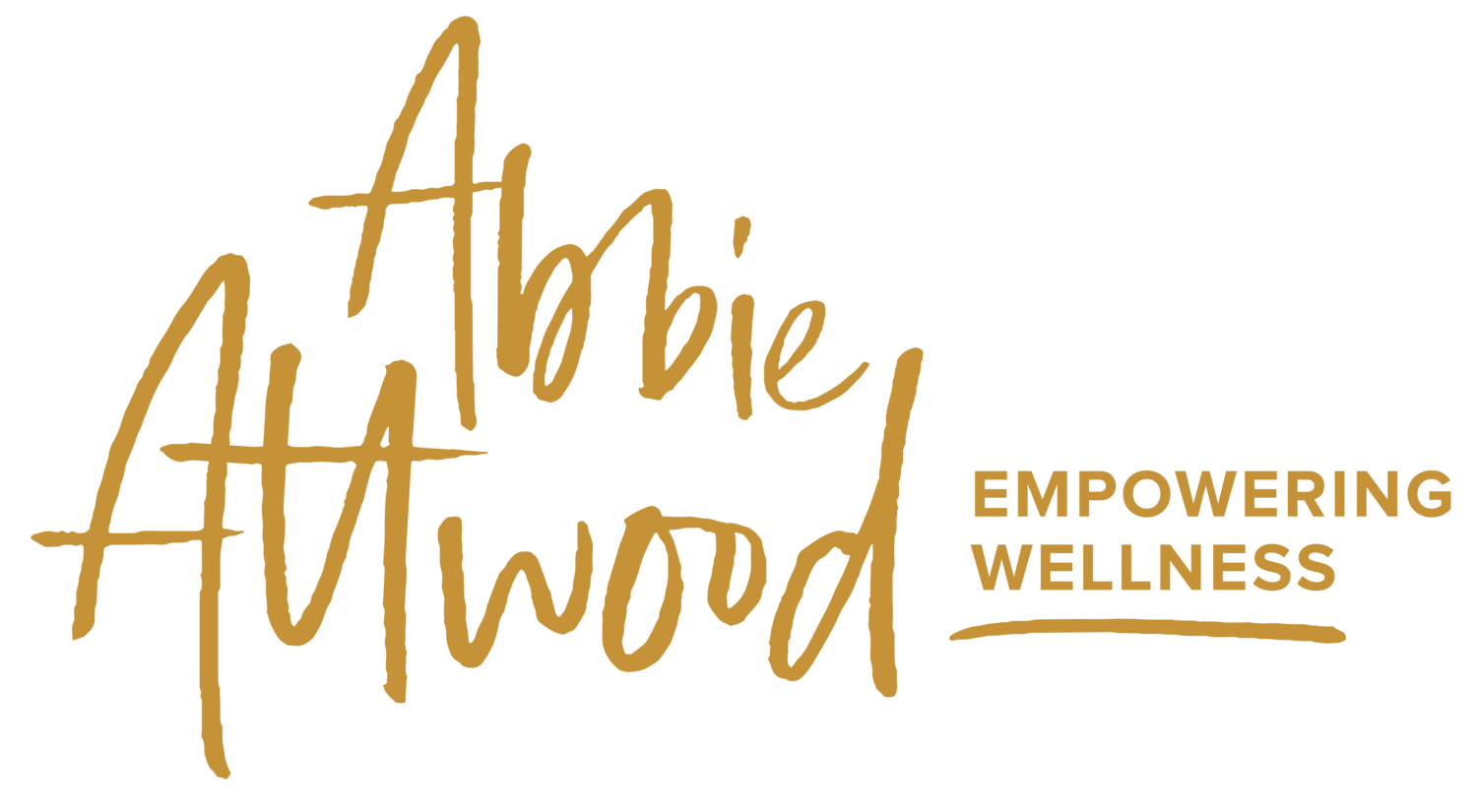
Circle Membership Community Guidelines
I am so grateful for your presence in this space.
Let’s keep it a place of safety, connection, vulnerability, and compassion.
Circle Membership Community Guidelines
Hi everyone!
Please make sure to read through these guidelines for our community. These have been created with compassion, safety, and inclusivity in mind. If you have suggestions on changing or adding to them, please send me a note. I am always open to learning from you, and finding new and better ways to support everyone here. Thank you so much.
1. Respect Every Body
We honor all bodies, sizes, and experiences. Please be mindful of using inclusive language and avoiding assumptions about anyone’s body, health, or journey.
2. Compassion Over Criticism
This is a space for healing. Be kind and gentle when responding to others, and avoid offering unsolicited advice. We support each other through listening and empathy, not through fixing.
3. No Diet Talk or Weight Loss Discussion
This community is rooted in body liberation and rejecting diet culture. Conversations promoting weight loss, diets, or "healthy eating" in restrictive terms are not aligned with our mission and can be harmful to those in recovery. This does not mean we cannot have open and honest discussions about weight (quite the contrary: that is an essential part of this work!), it just means we will not be sharing tactics for weight loss, encouraging it, or talking about how to pursue it.
4. Share from Your Experience
We value hearing your personal story. When sharing, please speak from your own experiences using “I” statements, which allows others to connect without feeling judged or compared. Sharing is truly the magic of this group — it’s what connects us all, and reminds us of our shared humanity even amongst all of differences.
5. Be Mindful of Triggering Language
Avoid discussing specific food rules, numbers (calories, weight, etc.), or detailed descriptions of disordered eating behaviors. If you’re unsure, consider if your words are supportive of others’ healing journeys. The words “obese” and “obesity” are not part of the language used in this group, as they promote weight stigma, oppression, and other harmful biases about bodies. Based on the work of fat activists, we are honoring the neutral word “fat” here (just as “thin” is a neutral word), and respect everyone’s decisions about how they feel comfortable identifying.
6. Confidentiality is Key
What is shared in this space stays in this space. Respect the privacy and vulnerability of others by not sharing their posts or personal stories outside of the group.
7. Expect Feedback Unless Noted Otherwise
When posting to the group, assume that the community will provide you with kind commentary, shared experiences, thoughts, and feedback. If you don’t want to receive any advice, and are just looking for some compassion and “I see you” comments, please note that at the top of your post so that we can all respect your needs and boundaries with love.
8. Acknowledge Diverse Experiences
Everyone’s path to body liberation is different. We welcome and celebrate diversity in all forms, including race, gender, age, ability, and sexuality. It’s important to recognize that we all come from different lived experiences and may have different needs in our healing journeys.
9. Encourage Vulnerability and Boundaries
We invite open, vulnerable sharing, but also respect that everyone has their limits. It’s okay to step away from conversations or topics that feel overwhelming. Please take care of yourself first.
10. Ask Questions with Curiosity, Not Judgment
If you don’t understand something or have a different perspective, feel free to ask questions. Just be sure your curiosity comes from a place of wanting to learn, not criticize.
11. Practice Humility and Acknowledge Privilege
We each come into this space with different privileges, whether related to body size, race, ability, gender, or other identities (myself included). It’s important to recognize when we hold privilege and to listen with humility to the experiences of those who may be marginalized in ways we are not. Let’s approach these conversations as opportunities for growth, recognizing that discomfort is part of learning and that we all have blind spots. Be open to feedback, and seek to learn from others’ experiences without centering our own.

